Mangaluru, Jul 25: “I and my husband had planted trees on both sides of the four kilometers of road in my place. We did not waited for any one's help or assistant. In the days of utter poverty we were self-motivated and wanted to fill the void of not having children,” said, environmental activist of international fame SaluMarada Thimmakka, today at Besant Women's College, here.
She was addressing the gathering of students after inaugurating Environment club. She planted and watered a sapling in a pot on the dais to inspire NSS students who function as' Green Army' in the college.
“The trees I planted have paid dividends to me in a different way. They, besides giving me satisfaction have provided the whole of the environment there with fresh air and shade. I can also say that the trees are the best things to leave back when we move on,” she said.
She, on the occasion sang a folk song to explain how nature provided for all its creatures without discrimination. Her son Umesh B.N. who spoke on the occasion said, modern citizens have all the gadgets but lack fresh air.
Technology cannot create clean environment it has to come from tress. We Indians who worshiped nature once have now forgotten is value. He added, Thimmakka is already 105 years old is not a permanent figure the generation next must take inspiration from her and join in protecting trees.
College principal Dr.Sathish Kumar Shetty P. said, Thimmkka's visit has brought in a new hope and has inspired the students to be active in protecting nature.
Shyam Sundar Kamath, Secretary, WNES, presented the college emblem, a traditional brass lamp to Thimmakka. Environmentalist Dinesh Hollaand Thimakka's family members were present among the audience. Girish Kumar, Convenor of Environment Club welcomed, Prof. Jayashree NSS Co-ordinator thanked. Students, Apoorva J.K invoked and Kavana compeered.




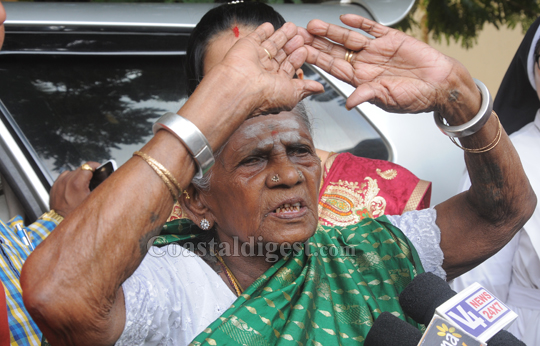
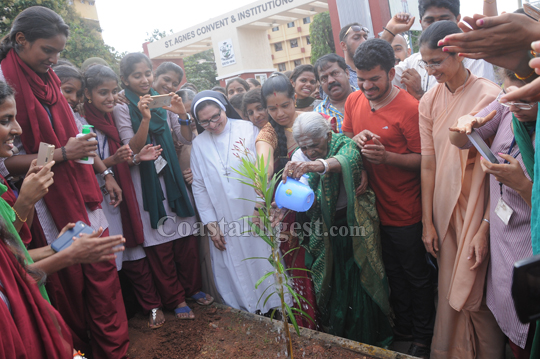
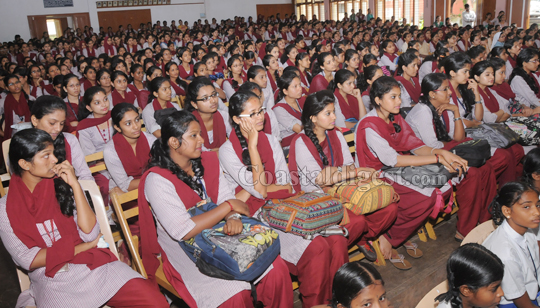
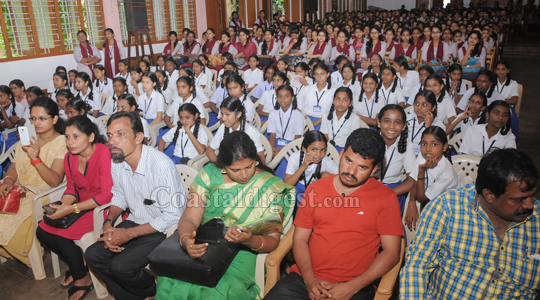
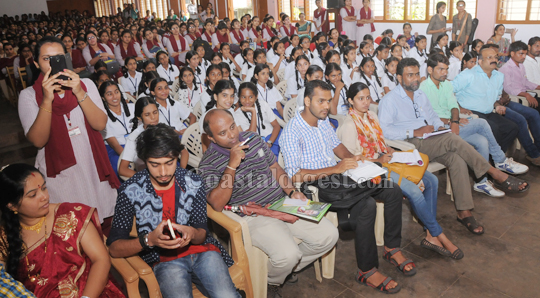
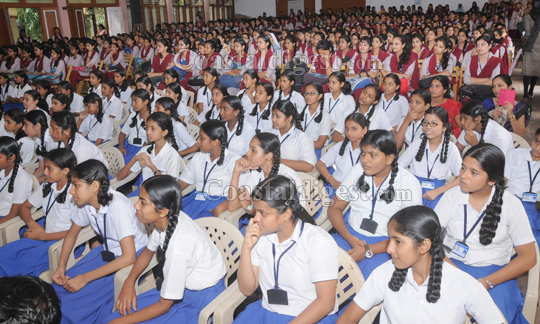

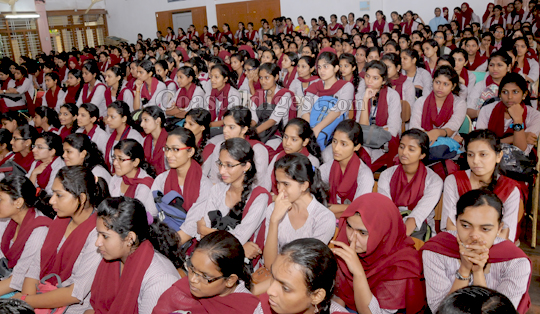
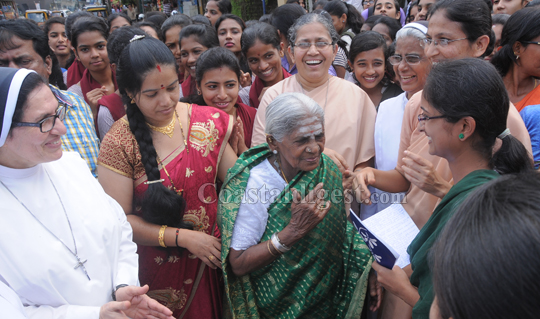
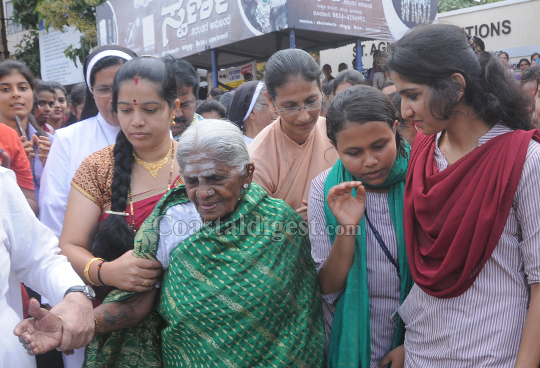
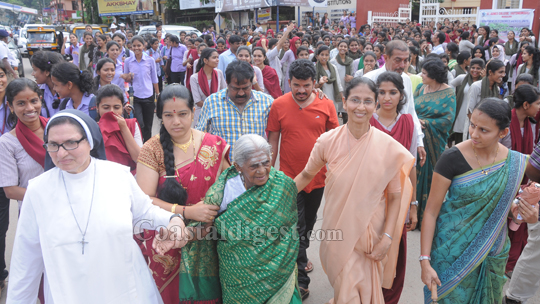
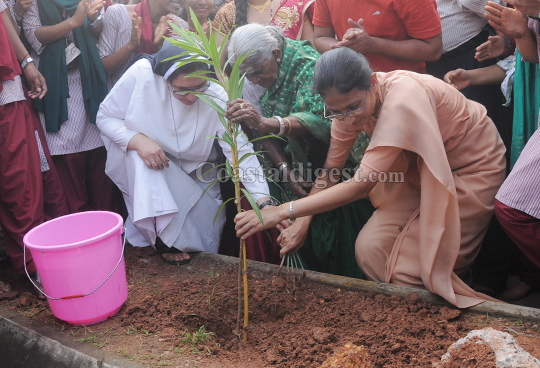
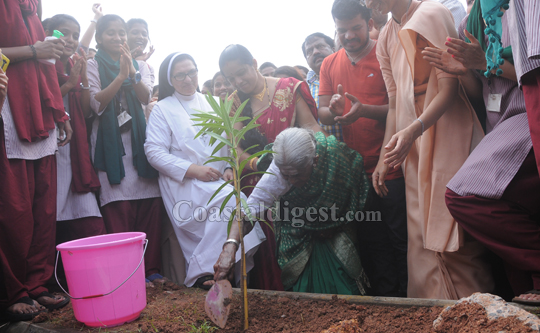
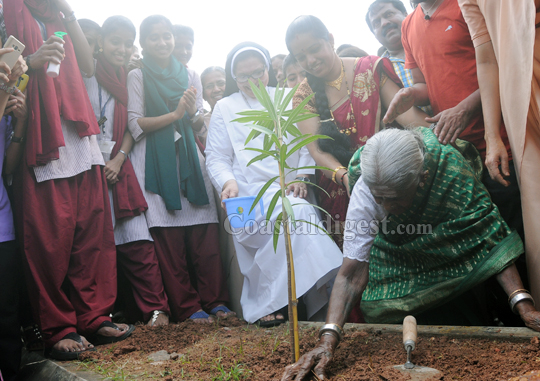
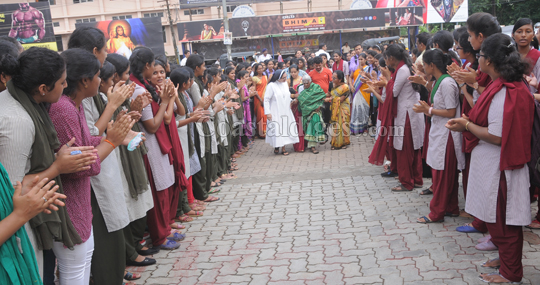


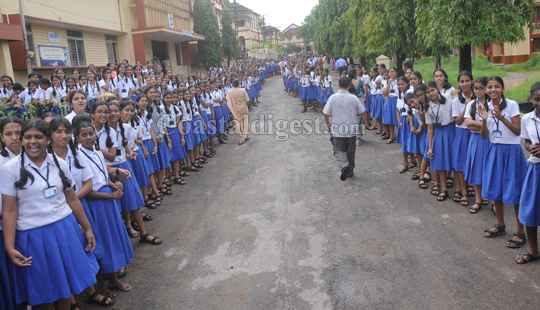
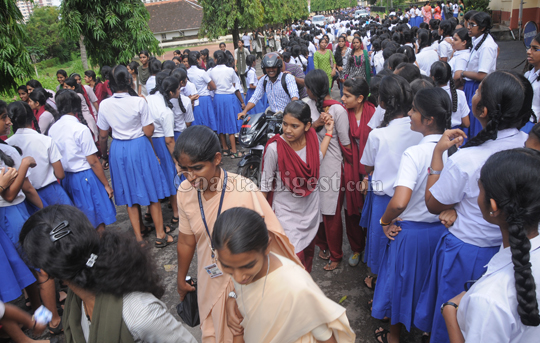
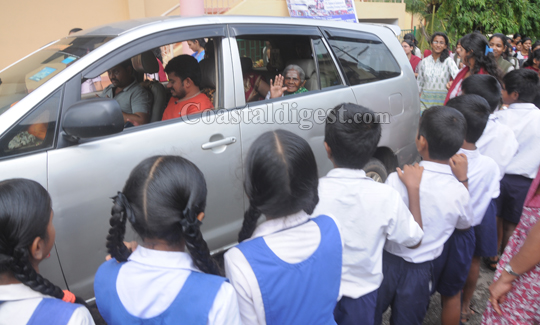
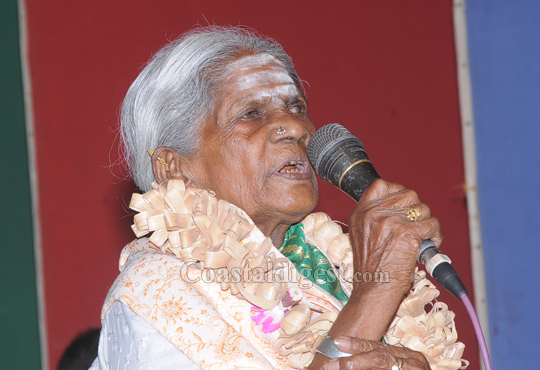

Comments
Masha ALLAH productive work...
Prophet Muhammad pbuh said :
There is none amongst the Muslims who Plants a tree or sow seeds, and then a bird or a person or an animal eats from it, But is regarded as a Charitable gift for him.
Even if you fear that the last day has arrived, plant the sapling you hold in your hand.
Great Thimmakka....your bangles are very attractive.
Add new comment